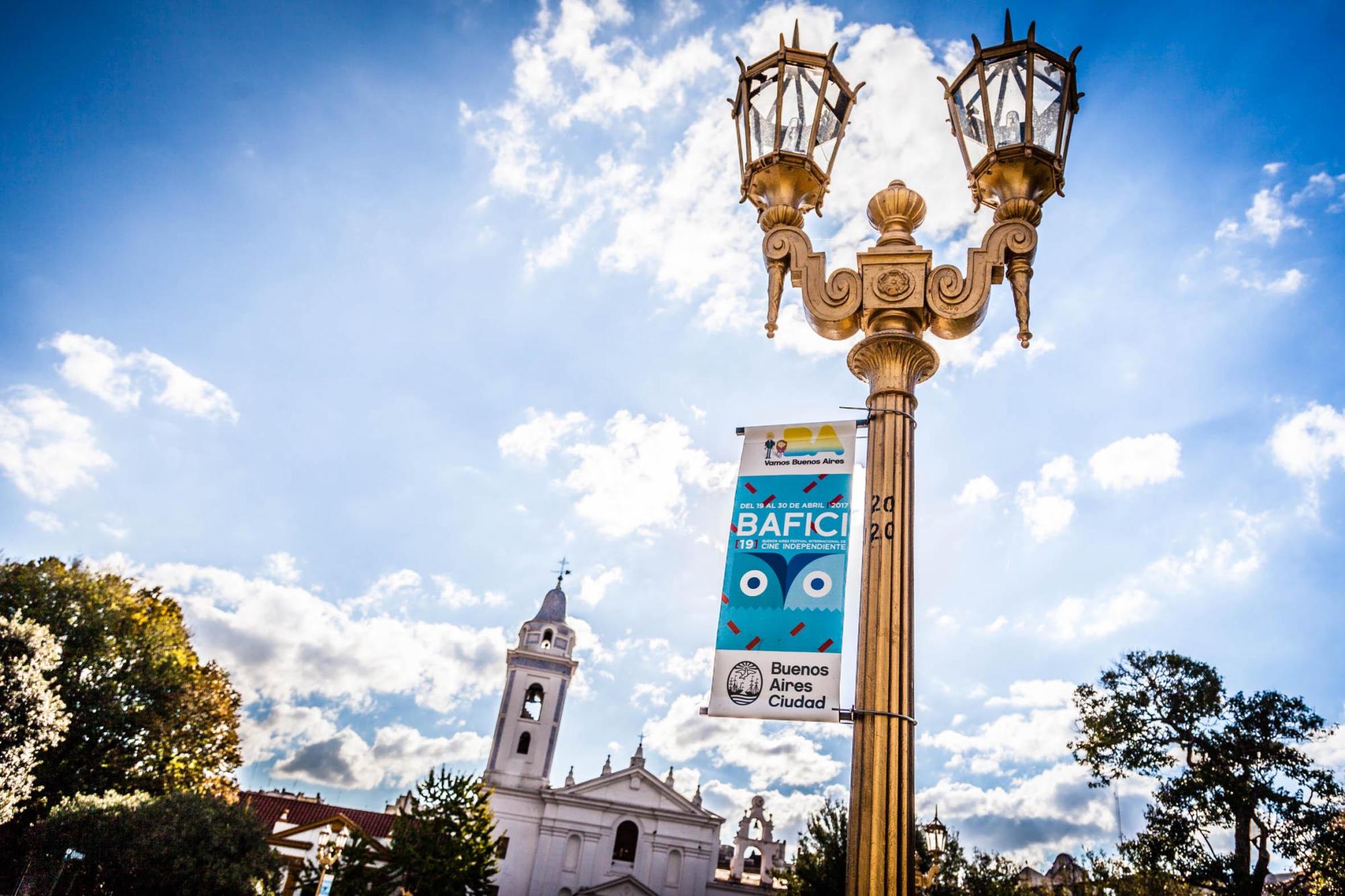
- Festivals
BAFICI 2017: The Best of Latin American Films Shines in Buenos Aires
BAFICI (the independent film festival of Buenos Aires) wrapped its19th edition leaving a great impression. Boasting a wide selection of over 400 titles from all over the world, the festival showed quality and diversity in its international, national and Latin American sections.
This year, Latin American cinema was strongly represented in all the competitive sections with a wide range of genres and styles. One of the masterpieces in BAFICI, was the latest film by Raul Perrone, Cínicos, an Argentinian production where an abandoned warehouse becomes a metaphor for a society in decadence. Beside Argentina, films from Bolivia, Brazil, Chile, Colombia, Costa Rica, Cuba, Ecuador, Haiti, Mexico, Panama, Paraguay, Puerto Rico, Dominican Republic, Uruguay and Venezuela had a slot in the vast program with more than 100 titles. Unlike past years, this edition of the BAFICI resumed its founding spirit, to create a platform for new filmmakers. Sixty per cent of the films that were part of the official international competition were first films.
Among the best of current Latin American cinema, was Viejo Calavéra by the bolivian Kiro Russos that participated in the official competition and won the Jury Special Price. La vendedora de fósforos by Alejo Moguillanski won Best Film of the Argentina Official Competition and A cidade do futuro, the Brazilian entry in the Latin America Official Competition, took Best Film Award. Venezuela presented La soledad by Jorge Thielen Armand and Cicero impune by the Argentine José Celestino Campusano, filmed in the deep interior of the Brazilian Amazon.
One of the highlights of the festivals was the retrospective of Italian filmmaker Nanni Moretti, who came to Buenos Aires to present the totality of his work, from Io sono un autarchico to Mia Madre. Moretti, creator of a lot of unforgettable comedies, showed with his powerful, acid, critical, irreverent, original and penetrating work that he can connect not only with the sensibility of Italian viewers but with audiences from all over the world.
The festival paid a well deserved tribute to Abbas Kiarostami, almost a symbol of global and deeply local independent cinema, and a regular presence in previous editions, by projecting his last film, the short Take Me Home and the 1990 film Close Up, a reflection on the power of attraction, illusion and deception of cinema. In addition, the homage was completed with the documentary 76 Minutes and 15 Seconds with Abbas Kiarostami.
Britain was present at the festival with the series Spirit of 77 showing 10 films, among them Sid & Nancy by Alex Cox and the documentary Punk: Attitude, by Don Letts, proving that unlike so many others cultural movements, the punk revolution not only is not dead but is still reproducing, mutating and leaving its prints in music, fashion and politic.
The Official Human Rights Competition of BAFICI , in its third consecutive year, selected 14 titles that represent an imaginary journey through several of the regions and the most conflictive issues of the recent past and present: from the struggles of the Qom, Wichi and Mocoví communities in Argentina (Chaco, by Juan Fernández Gebauer, Ignacio Ragone and Ulysses of the Order) to the incipient trade union movements in defense of the precarious workers in China (We the Workers, by Hai Wen), the recent presidential elections in the United States (Tonsler Park, by Kevin Jerome Everson) that took the Best Film Award or the explosive racial situation in France (Paris est une fête – A film in 18 vagues, by Sylvain George). There were, of course, other films related to the still open wounds of military coups in Latin America, such as El buen cristiano by Izabel Acevedo, on the genocide trial against José Efraín Ríos Montt, who led a coup in Guatemala in 1982 and the remarkable The pact of Adriana, an intimate essay by the Chilean Lissette Orozco about her beloved aunt -living in Australia-, who committed multiple crimes during the dictatorship of Augusto Pinochet.